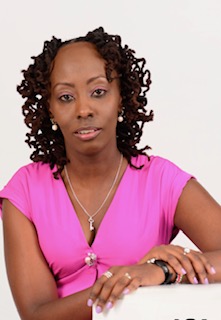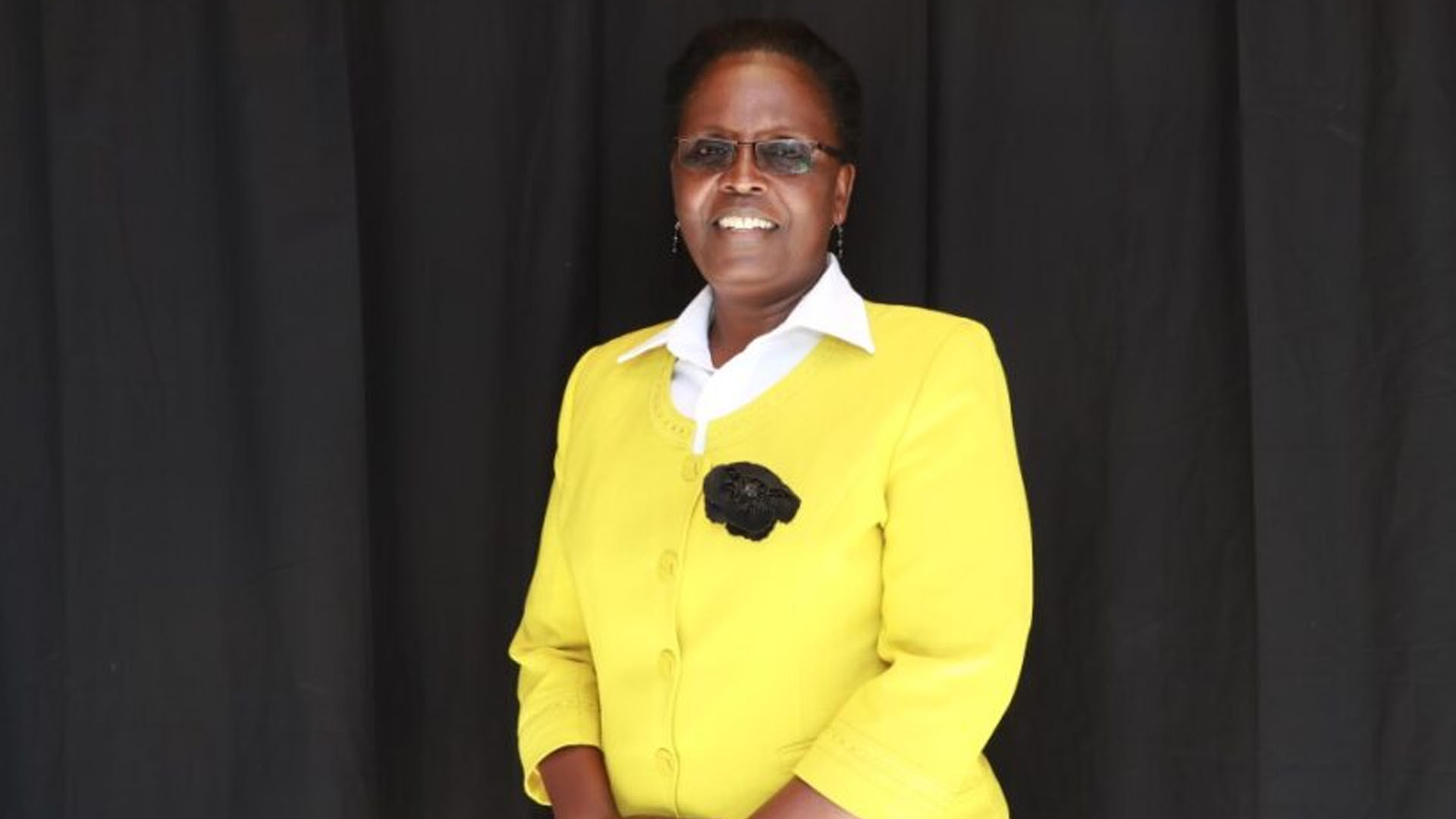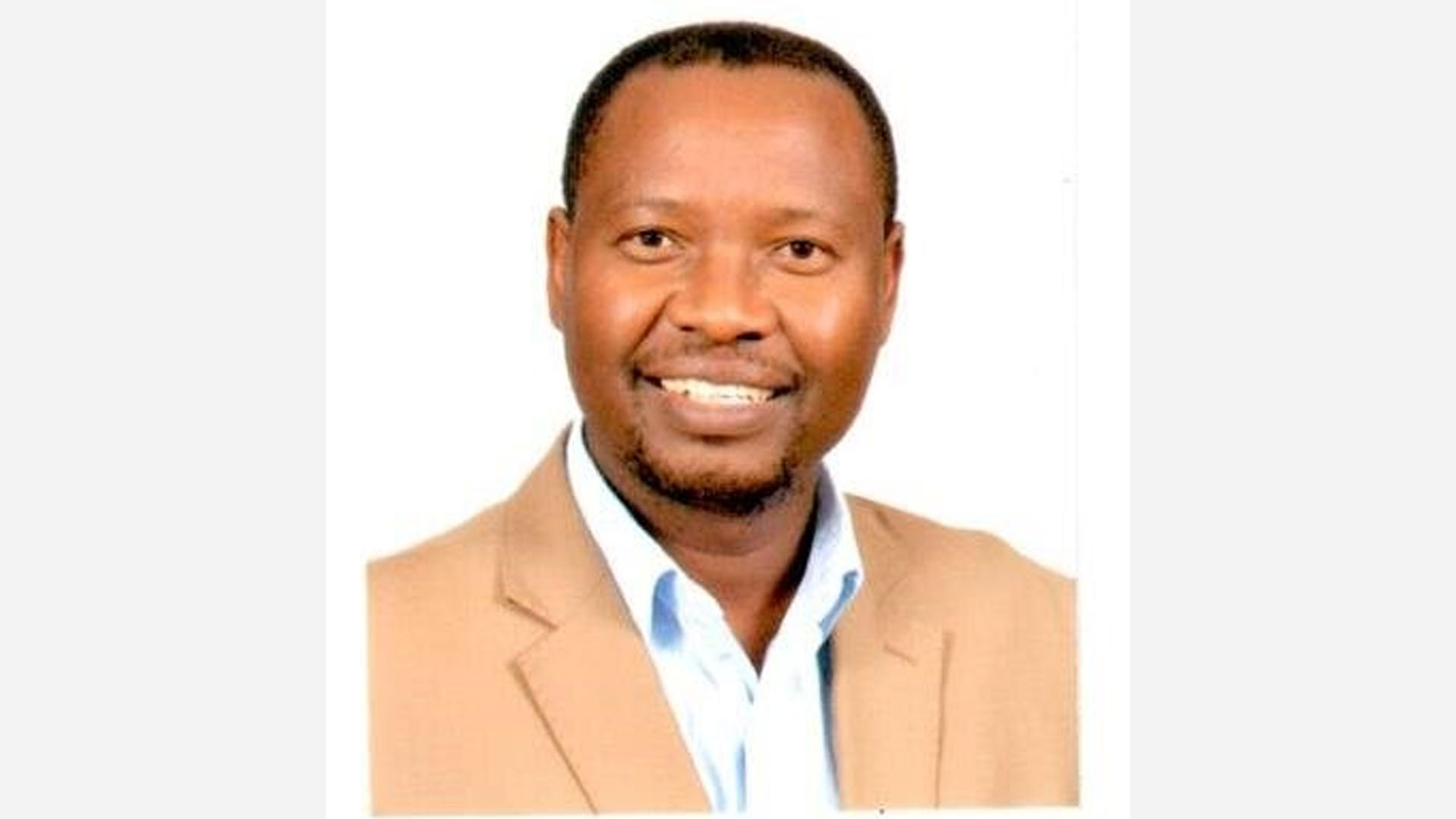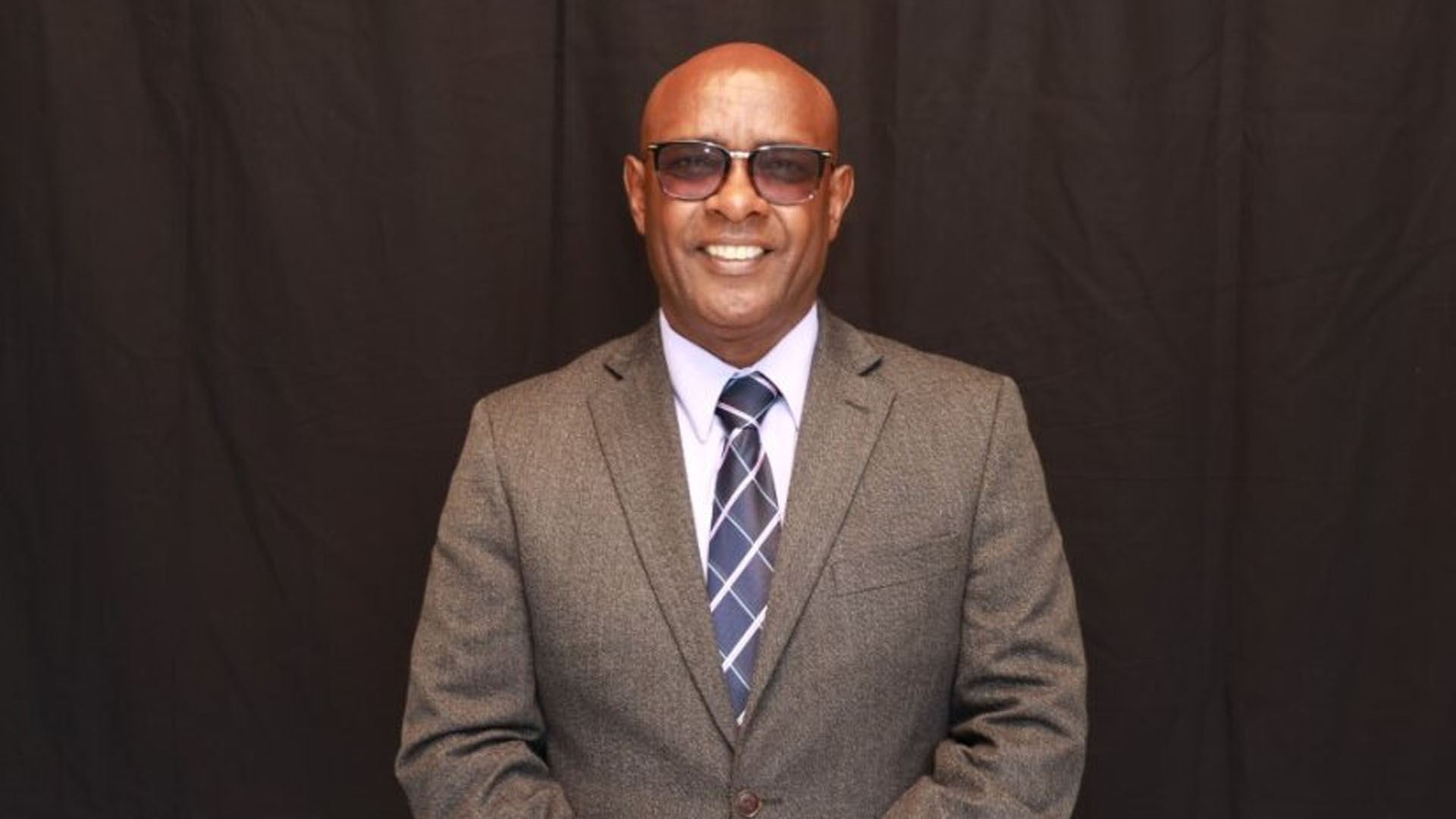DLPDI Hosts Church Leadership & Governance Dialogue
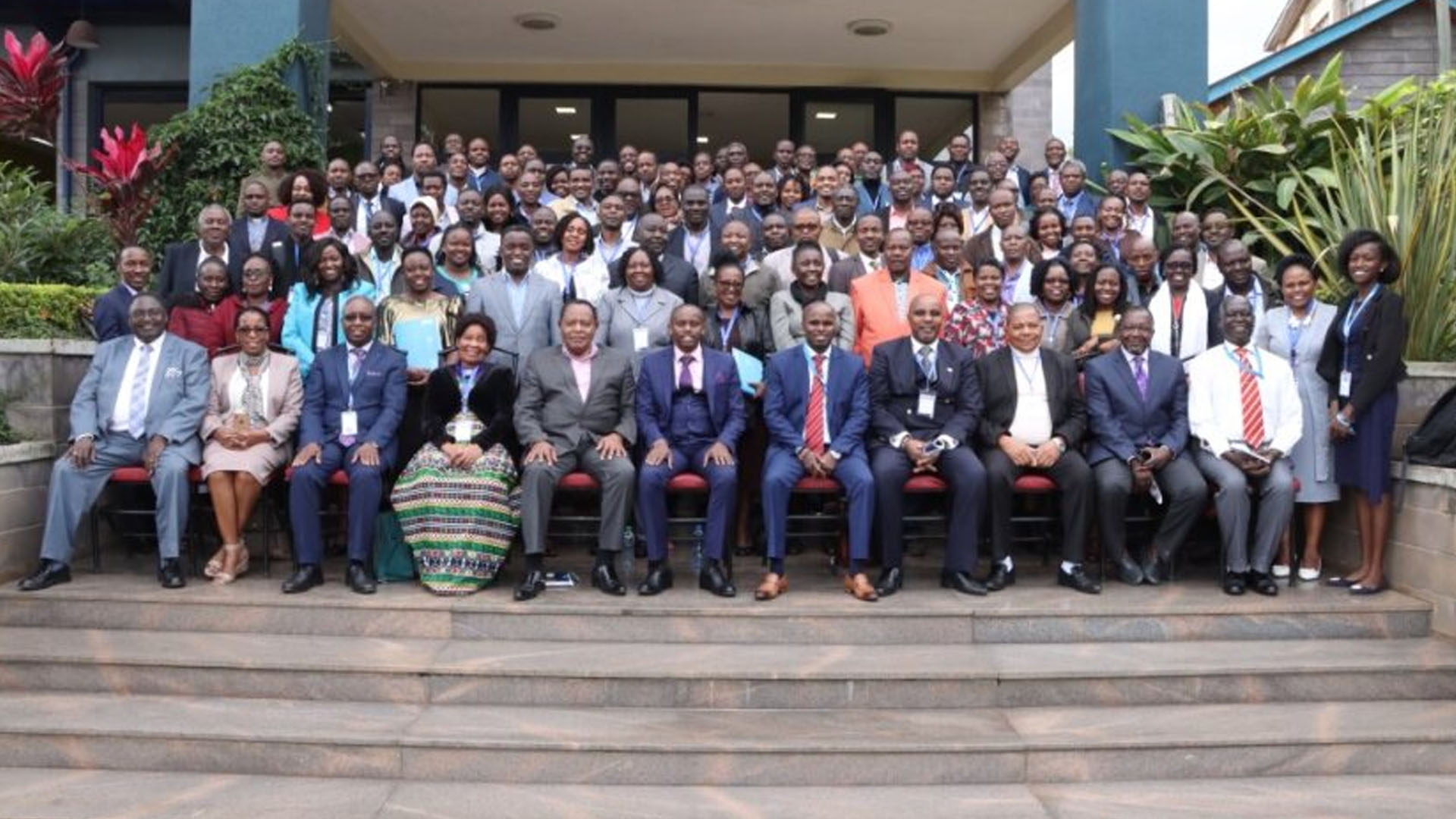
- Daystar University
- 10 Nov, 2023
By
Hannington Karanja
From
12th July 2023, Daystar University hosted a three-day dialogue forum
on Church Leadership and Governance at its Nairobi Campus.
The
momentous three-day event was held in partnership with the National Council of
Churches of Kenya (NCCK), the Organization of African Instituted Churches,
Christian Alliance for National Transformation (CANAT), Kenya Coalition of
Church Alliances and Ministry (KCCAM) and the Daystar Leadership &
Professional Development Institute (DLPDI).
This
dialogue event aimed at positively transforming governance and leadership in
Churches in Kenya, including, extended religious gatherings.
The
dialogue was steered by the Institute of Certified Secretaries under the
leadership of the CEO, FCS Jeremiah Karanja, whose mission (ICS) aims at
developing and guiding on sustainability and governance standards in
organizations.
The
event involved a panel discussion featuring the Dean, School of Arts and Social
Sciences, Rev. Dr. Patrick Musembi, the CEO, Institute of Certified
Secretaries, FCS Jeremiah Karanja, Bishop Dr. Sammy Gitaari from the Christian
Alliance for National Transformation (CANAT), and Bishop John Warari of
Tabernacle International Ministries and Executive Member, Inter-religious
Council of Kenya. The session was
University.
The
Church Leadership and Governance Dialogue was graced by Prof. William Ogara, a
Consultant in Leadership and Governance and Former Head of Consultancy and
Research at CORAT Africa, Dr. Martin Oloo, the Acting Dean, Daystar University
School of Law, and FCS Jeremiah Karanja, the CEO, Institute of Certified
Secretaries.
In
his address, Prof. Ogara outlined the four models of Church governance
witnessed in today’s religious gatherings including: episcopal model used by
the Anglican and Catholic Churches, Mega Churches’ model which gives
accountability to the senior pastor, the congregational model where authority
resides with the congregation, and the Presbyterian model where accountability
lies with a group of local ministers and elders in a particular region.
Prof.
Ogara urged Church leaders to embrace independence in their dealings with the
government in order to have a better society, “We are in danger as a country
today when we become too close with the government to the extent where we
cannot have constructive engagement with the government,” he said.
Prof. Ogara concluded with a reflective statement for churches to consider: “A self-sufficient inward- a church liberated from its self- captivity, and one that creates societal dialogue can become a living source of God’s empowering and transforming grace.”
On
his part, FCS Jeremiah Karanja enlightened on the role of ICS and its hand in
promoting good governance and leadership in churches. In his discussion FCS
Karanja touched on initiatives and emerging issues in churches, and top church
risks and risk management processes. He said some of the emerging issues
included changing worldviews on morality and social issues for example LGBTQ,
declining church attendance, mental health and emotional well-being, racial and
tribal reconciliation, and social justice.
The
Acting Dean School of Law, Dr. Martin Oloo gave a legal perspective of the
operation of churches in Kenya as stipulated in the Kenyan Constitution. In his
humorous address, Dr. Oloo underscored the importance of such principles as
closure and transparency, rights and equitable treatment of congregants as
shareholders and owners, responsibilities of the board, institutional partners,
donors, friends, supporters, and other intermediaries. The law scholar adeptly
took the attendees through some of the nitty- gritties of registration of
churches in Kenya as well as the position of worship constitutionally, under
article 32 of the Bill of Rights.
Leave a Reply
Your email address will not be published. Required fields are marked *





